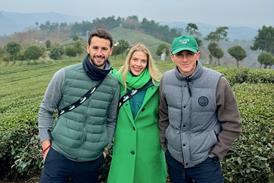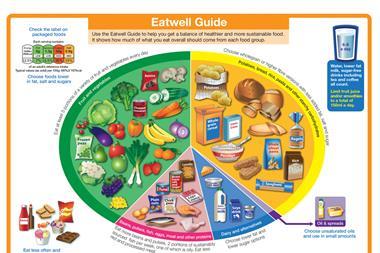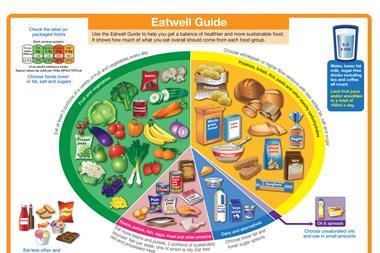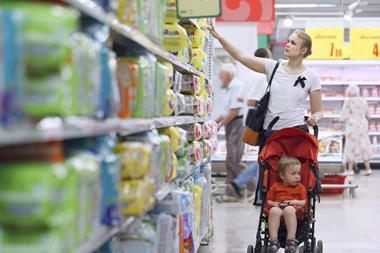Health campaigners have urged the government not to use the Brexit vote to bury David Cameron’s Childhood Obesity strategy.
The already much delayed strategy was shunted back because of the EU vote and there had been widespread speculation that it could face even further setbacks in the event of a leave vote.
The impending departure of the PM has cast a further cloud over the issue, with David Cameron having personally headed up the working party.
The Grocer has learnt health groups were pushing government officials for reassurance at a meeting today with Treasury officials, which was called to discuss implementation of the sugar levy, but ended up being completely overshadowed by the resignation bombshell from 10 Downing Street.
One source said: “The message from civil servants was that it is still going to come out as planned in July. But obviously we’re extremely concerned that there could be further delays because of the situation with David Cameron.
“Hopefully the government realises the importance of this strategy and will not allow Brexit to get in the way.”
Jennifer Rosborough, campaign manager at Action on Sugar, added: “We urge the prime minister to do the right thing and announce details of his much awaited childhood obesity strategy before his exit and leave behind a lasting legacy for the future health of the nation.”
Ben Reynolds, deputy coordinator of Sustain, said government ministers had “no excuses to hide behind others on inaction on the issues that will affect our country and its citizens. Their first opportunity is to be brave and bold in their childhood obesity strategy and release this as a priority.
“More broadly we must grasp this opportunity to ask some hard questions and rethink our national and local food and farming economies.”
Reynolds added: “As an alliance of all the leading organisations working to improve food and farming in the UK, the mood amongst many of our members is one of shock.
“The implications will be far-reaching. With much of our health and environmental legislation, not to mention workers’ rights, having been defined within the EU, there are now many uncertainties in the months and years ahead about which of these will be retained. There is likely to be a lot more focus on the amount of subsidies going to UK farmers, which made up a significant amount of the money we sent to, and received back from, Europe.
The government will now have to rethink its draft 25-year food and farming plan, and certainly will need to consult more widely on it than it has to date. This is before we even start to think about huge issues over how the UK negotiates its relationship with the Common Fisheries Policy and the implications on imports and exports of food with EU states, which will retain our need to work very closely with our EU counterparts.”
In crisis or opportunity you can always trust The Grocer. Access wherever, whenever. Subscribe now!
Source
Ian Quinn



















No comments yet